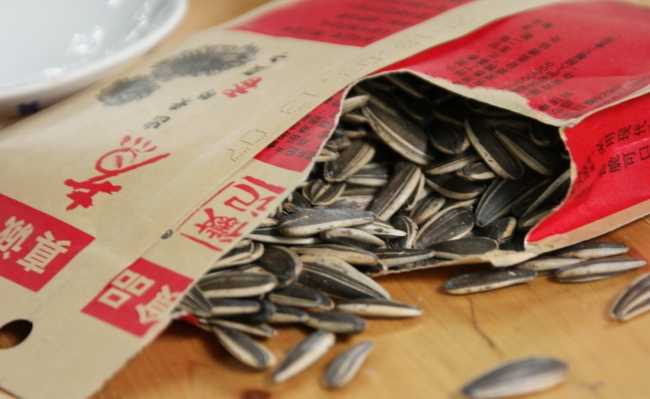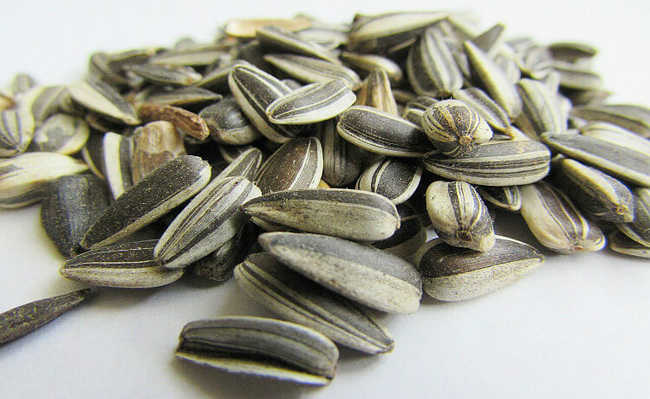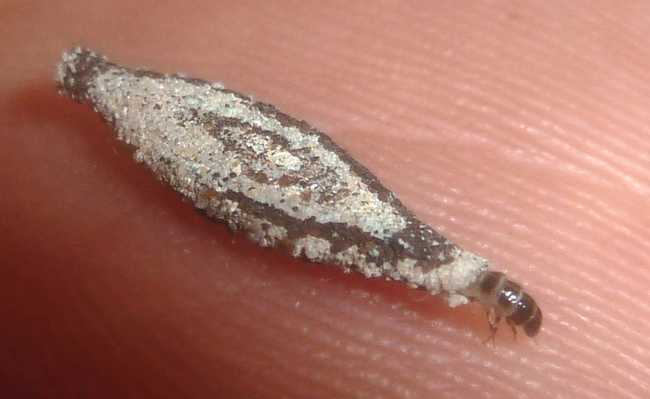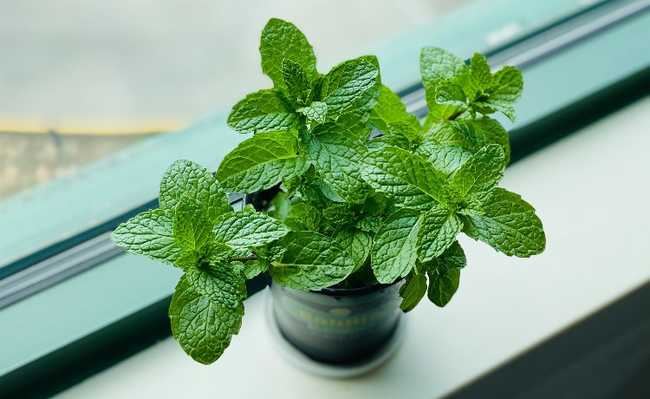Sunflower Seed Has Amazing Benefits
Discover the benefits of sunflower seed, which serves to relieve stress, fight cancer and more

Image: Matt Briney in Unsplash
In addition to being cheap and relatively easily found in markets and bulk stores, sunflower seeds are rich in nutrients that are good for the body. It is possible to add sunflower seed to dishes and recipes, eat it raw or roasted and also enjoy its benefits through the use of sunflower oil, extracted from the seeds. Among the properties of sunflower seed are its moisturizing power, preventing infections in babies and fighting cancer.
Benefits of Sunflower Seed
relieves stress
Because they contain magnesium, sunflower seeds soothe, relieve stress and migraines. The seeds also contain tryptophan and choline, which help fight anxiety and depression. Choline also improves brain function and aids memory.
- Magnesium: what is it for?
fights cancer
Sunflower seed has selenium, which prevents cancer by increasing DNA repair and preventing cancer cells from multiplying. Sunflower oil is also rich in carotenoids that help control cell damage, preventing the risk of developing lung, skin and uterine cancers.
Reduces the risk of infections in babies
Sunflower seed reduces the risk of infection in infants and prevents disorders such as premature birth and low birth weight. Premature babies are more likely to develop infections because of their underdeveloped organs.
Prevents premature aging
The vitamin E in sunflower seeds helps prevent free radical damage to the skin and sun damage, and improves the appearance of scars and wrinkles. The beta-carotene present in sunflower seeds makes the skin less sensitive to the sun and other antioxidants present protect the skin from environmental damage, preventing signs of aging.
- Antioxidants: what are they and in what foods to find them
Has moisturizing property
Sunflower seed oil acts as a natural moisturizer.
Prevent hair loss
Sunflower seeds contain vitamin B6, which prevents hair loss by increasing the supply of oxygen to the scalp.
Stimulates hair growth
Because it contains zinc, sunflower seed promotes hair growth. Vitamin E also stimulates hair growth as it increases blood circulation to the scalp, but it should be consumed in moderation - too much zinc and vitamin E can cause hair loss.
Moisturizes hair
Sunflower seed oil has omega 6 fatty acids, which prevent hair wear, and is a natural moisturizer.
protect the skin
The vitamin E in sunflower seeds also helps protect the skin from harmful UV rays and provides for glowing, youthful skin.
Helps in skin maintenance
The copper present in sunflower seeds gives it the property of keeping the skin healthy and protected from ultraviolet rays.
Fights Acne and Skin Problems

Image available at Pxhere, licensed under CC0 Public Domain
Sunflower seed oil has essential fatty acids such as linoleic, palmitic, stearic and oleic acids, stimulating the formation of collagen and elastin and making the skin soft and smooth. Fatty acids have antibacterial properties that protect the skin from bacteria, reducing acne. Sunflower seed oil can relieve eczema and dermatitis, it also protects the skin of babies born prematurely, reducing the risk of skin infection.
Prevents Free Radical Damage
The vitamin E in sunflower seeds is a fat-soluble antioxidant that neutralizes free radicals and prevents them from damaging brain cells, cell membranes and cholesterol - it also helps maintain blood circulation and red blood cell production.
Promotes cell formation
Sunflower contains folic acid, essential for the production of new DNA, which is necessary for the formation of new cells. This is why the consumption of sunflower oil and seeds is highly recommended for pregnant women.
Prevent arthritis
Sunflower seed oil reduces the symptoms of arthritis, as well as preventing and helping to treat rheumatoid arthritis.
prevents asthma
Sunflower seed helps prevent asthma and related symptoms.
Prevents cataracts
Because it is rich in carotenoids, sunflower seed helps prevent cataracts. The oil contains vitamin A, which helps with eye health.
Prevents osteoporosis
Sunflower seeds contain proteins that help repair muscle tissue and support various enzymatic functions in the body. Protein is also essential for bone development and, because of that, it prevents osteoporosis, helping in the proper development of the bone matrix, aiding bone strength.
Aid in digestion
Because it is high in dietary fiber, raw sunflower seed can aid digestion and cure constipation.
Prevents cardiovascular disease
Vitamin C, present in sunflower seeds, helps prevent cardiovascular disease and vitamin E prevents free radicals from oxidizing cholesterol. If oxidized, cholesterol adheres to blood vessel walls and causes atherosclerosis, which can lead to heart attacks, blocked arteries or stroke.
lowers cholesterol
Sunflower seed has a high content of phytosterols, fiber and cholesterol-lowering compounds.
Relieves chest congestion
Sunflower seed serves as a natural remedy to relieve chest congestion.
Produces energy
Sunflower seeds contain vitamin B1, which stimulates cell catalysts or enzymes for chemical reactions and is required by the body to derive energy from food. Sunflower contains copper, which helps in the production of cellular energy.
Keeps the immune system healthy
Because they contain zinc, sunflower seeds help maintain a healthy immune system, and are also useful in wound healing, in addition to keeping the olfactory and taste senses sharp.
Keeps the digestive system healthy
Sunflower seed contains B vitamins, which are essential for a healthy digestive system and energy production.
relax the nerves
Because they contain magnesium, sunflower seeds make the nerves relax.
It is a source of antioxidants
Antioxidants such as selenium and vitamin E are present in sunflower seed, which allows one of its properties to prevent or limit oxidative damage to cells, protecting against diseases such as diabetes, cancer and cardiovascular disease.








